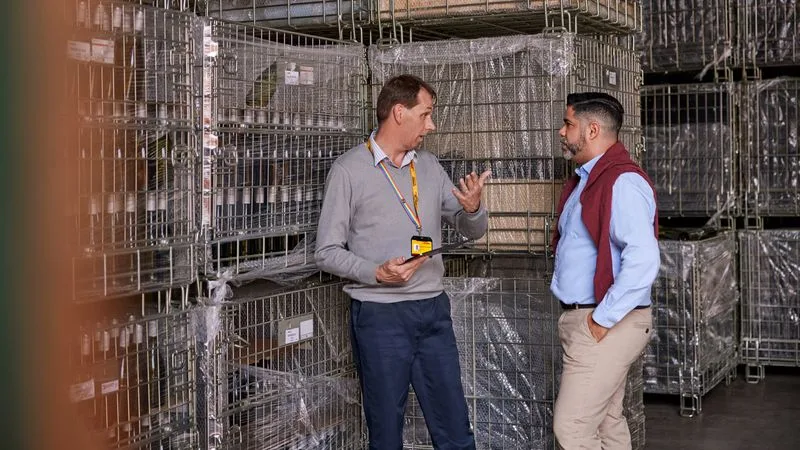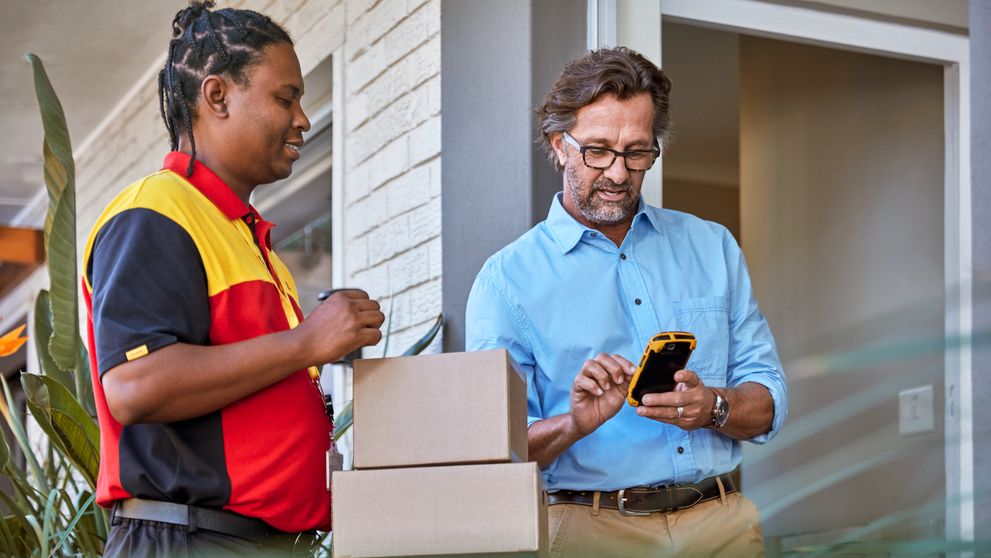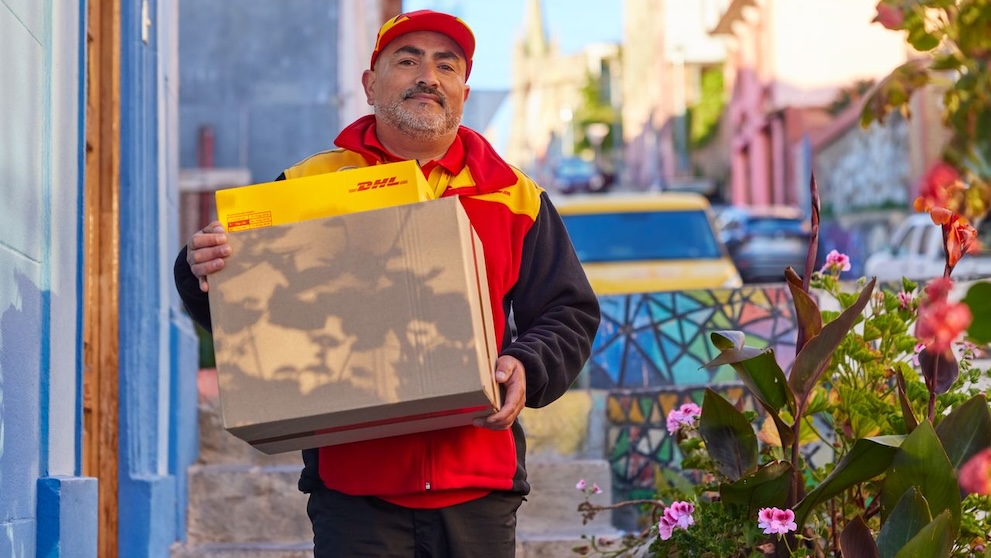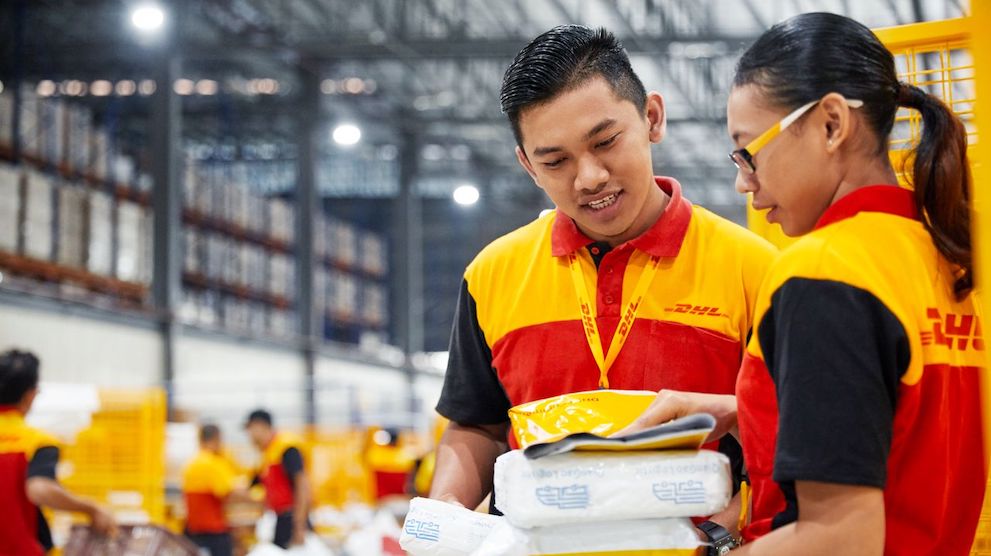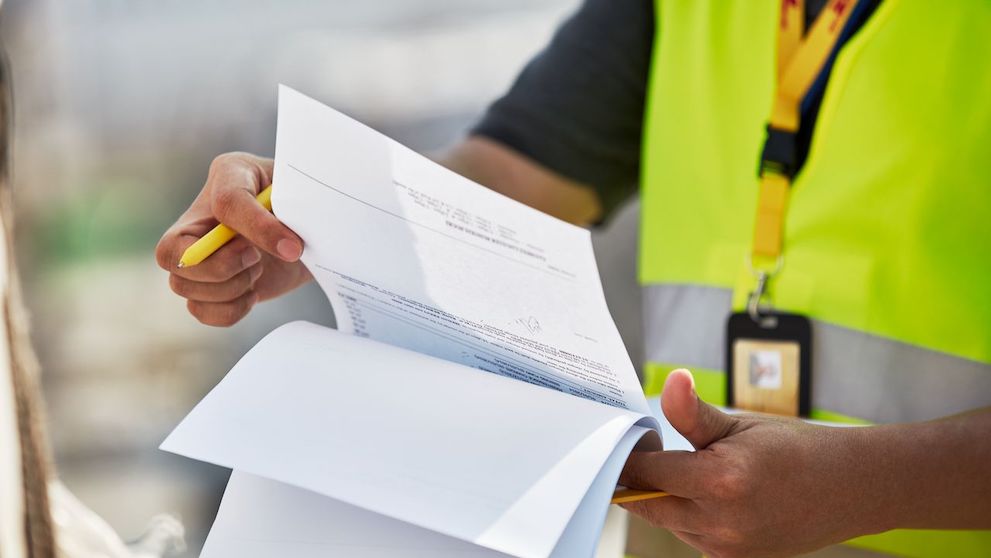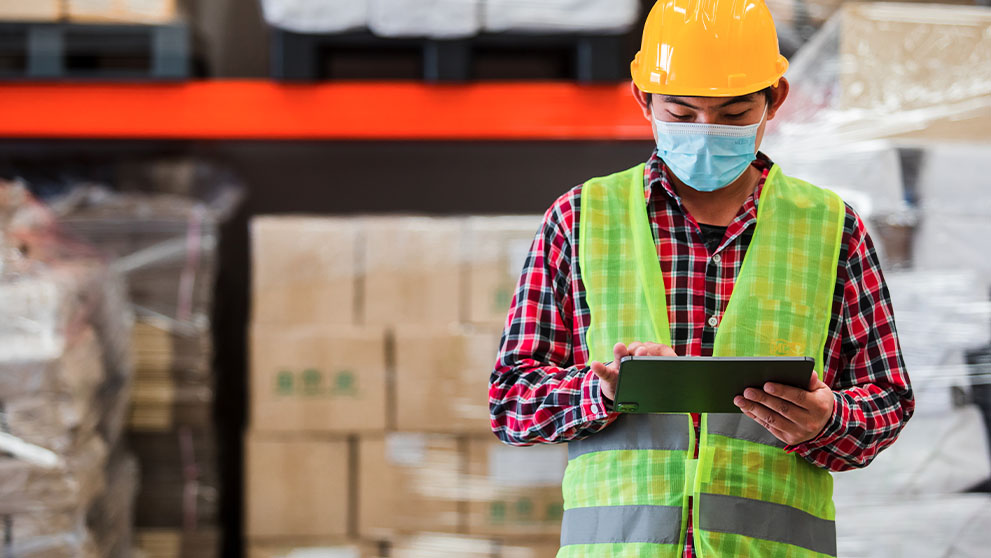From widespread technology adoption to accelerated digitisation and the integration of eco-friendly initiatives, the global logistics landscape is evolving rapidly to meet the demands of an increasingly digital and environmentally conscious world.
The fast-paced logistics industry in India is undergoing a similar transformation, driven by technological advancements and a growing focus on sustainability. In 2024, in particular, businesses are embracing innovation to streamline operations, enhance customer experiences, and reduce environmental impact.
Let's delve into some of the latest key trends shaping the future of logistics and explore how embracing these changes can lead to gains for businesses in India of all sizes, scopes, and sectors.
1. Widespread technology adoption
Impact of Artificial Intelligence (AI) on logistics operations
Advancements in Artificial Intelligence (AI) have revolutionised logistics operations through offering predictive analytics for demand forecasting, route optimisation, and inventory management. By harnessing the power of AI, especially when integrated directly into solutions such as inventory management software, businesses can make data-driven decisions, minimise operational costs, and improve overall efficiency with greater ease and convenience than ever before.
Additionally, AI-powered route optimisation algorithms can help businesses optimise delivery routes, reduce transportation costs, and minimise carbon emissions – achieving higher levels of productivity and sustainability simultaneously. These advanced capabilities empower businesses to enhance customer experiences, improve operational efficiency, anticipate supply chain disruptions, and drive growth while standing out in the highly competitive logistics landscape.
The role of the Internet of Things (IoT) in enhancing logistics efficiency.
Internet of Things (IoT) technology plays a crucial role in enhancing logistics efficiency by enabling real-time tracking and monitoring of shipments. IoT sensors are particularly valuable for monitoring temperature-sensitive and perishable goods, such as fresh produce and medication, ensuring their integrity throughout the supply chain.
By leveraging IoT technologies, businesses can gain real-time visibility into their supply chain, track the location and condition of goods, and proactively address potential issues to prevent costly losses. IoT sensors can even monitor factors such as temperature, humidity, and shock, allowing businesses to ensure product quality and compliance with regulatory requirements. Furthermore, IoT real-time tracking and monitoring capabilities enable businesses to optimise transportation routes, improve inventory management, and enhance overall supply chain visibility.
2. Accelerated digitisation
Streamlining logistics processes through digital transformation
Digital transformation is streamlining logistics processes further, facilitating the transition from paper-based to digital documentation. By digitising key processes such as order management, inventory tracking, and transportation planning, businesses can streamline operations, reduce errors, and improve overall efficiency. Using cloud-based logistics platforms also enable seamless collaboration and communication among supply chain partners, driving efficiency and transparency even within complex systems or partnerships.
Some digital logistics platforms even offer advanced analytics capabilities, allowing businesses to gain insights into their operations and identify specific opportunities for optimisation before issues begin to appear. Additionally, cloud computing solutions typically have high scalability and flexibility, enabling businesses to adapt to changing market conditions and customer demands.
Fostering seamless communication and transparency
Digital collaboration tools and digital dashboards are also key components in fostering seamless communication and transparency across the supply chain. Having access to real-time data insights enables businesses to track shipments and identify potential bottlenecks almost instantly, allowing for proactive problem-solving and improved decision-making.
Digital dashboards also provide stakeholders with a centralised view of key metrics such as inventory levels, shipment status, and delivery performance. By leveraging these tools, businesses can improve coordination among supply chain partners, reduce lead times, and enhance overall customer satisfaction. Digital collaboration tools also facilitate communication and collaboration between internal teams, enabling faster decision-making and more efficient problem resolution.
3. Integration of eco-friendly initiatives
The growing importance of sustainability in logistics
Sustainability is solidifying itself as a key priority for businesses in 2024, mostly due to changing consumer expectations. This is primarily taking the form of a focus on reducing carbon emissions, minimising waste, and optimising packaging – all of which require businesses to do more than just pay lip service, and actually act to effect lasting, meaningful change.
By adopting eco-friendly transportation options and promoting circular supply chain models, businesses can mitigate their environmental impact while enhancing brand reputation amongst consumers. Such sustainable practices not only benefit the environment but also offer financial incentives such as reduced operational costs and increased customer loyalty. Plus, as consumers become increasingly environmentally conscious, businesses that prioritise sustainability are well-positioned to gain a competitive advantage and drive long-term growth.
Adoption of renewable energy sources and green logistics practices
The adoption of renewable energy sources, such as solar power, is gaining traction in the logistics industry. Solar-powered warehouses and distribution centres can not only reduce carbon emissions but also lower energy costs overall, contributing to a more sustainable and cost-effective supply chain. By investing in renewable energy infrastructure, businesses can reduce their reliance on fossil fuels, mitigate the impact of volatile energy prices, and enhance their environmental credentials.
Challenges and barriers to adoption
As businesses embrace new technologies and sustainability initiatives to keep up with recent logistics trends, they must also be able to address potential challenges and barriers to adoption.
Data security and privacy concerns, along with workforce training and skill gaps, are significant obstacles to achieving widespread technology adoption and the benefits of digitalisation. Businesses need to be able to walk the fine line between embracing virtual platforms (such as e-commerce sites), and maintaining data privacy for their employees and consumers. To do so, they must invest in robust cybersecurity measures, provide training and development opportunities for their employees, and work closely with regulatory authorities to ensure compliance with environmental regulations.
Similarly, balancing sustainability with cost-effectiveness and navigating regulatory compliance requirements can present challenges for businesses looking to integrate eco-friendly practices into their operations. Overhauling one’s operations in order to enhance sustainability can come with high initial costs that may be prohibitive to small and medium enterprises. Businesses need to seek out financing options that will support them in such endeavours, or turn to smaller-scale sustainability actions as the first step to more comprehensive changes.

